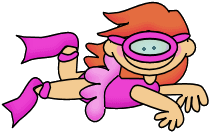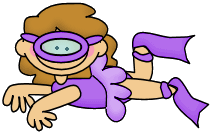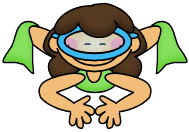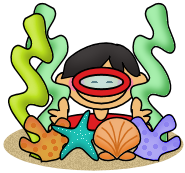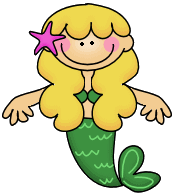
|
It’s a busy life filled with lots of things to do and even more distractions. But there’s one pursuit that can be fun for everyone involved, plus it has benefits that will have a lifelong impact. All that’s needed is a comfy place, an adult, one child or more, and a good book to share.
|
|
How do you choose what to read aloud to your child? The first thing to ask yourself is simply: Do I like it? Then consider if you’re comfortable with the content. Is there something that you may want to omit or that you’d rather not tackle with your child? Children seem to know instinctively when an adult really likes something or if they’re just faking it.
|
|
Sometimes children respond differently to a book than the adults who try to share it. A book that the adult thinks is fantastic may get a ho-hum or downright negative response from the listener or sometimes the reverse is true, too. That’s OK; children have tastes, though sometimes they’re just not ready for a particular book. It’s perfectly acceptable to put a book down or not finish it. Just try another one.
|
|
You might want to keep in mind that if a book resounds with the child, chances are you’ll wind up reading it frequently. A book has got to wear well for both the reader and the listener. Previewing a book, reading it aloud, before reading it aloud with a child is always recommended!
|
|
Speaking of wearing well, do you like the sounds of the words you’re reading? Are they interesting to hear? Try reading it aloud to yourself with this in mind. If the way a book is written doesn’t interest you or sound good to you, then the book probably won’t hold a child’s attention
|
|
Is there something for listeners to grab hold of? For young children, is there a phrase or perhaps something hidden in the illustration to keep them actively engaged? For older children, is there something to think about or talk about or even follow up about? Does it build on a child’s existing interest or maybe introduce a new one?
|
|
There are lots of educational reasons to read aloud to children. Reading aloud with children of all ages not only builds language — a key ingredient to success in school — but most importantly, it’s a time for adults to share with the children in their lives and to build a common, positive experience that lasts long after a book is closed. |
|
Below you will find a list of possible questions to help you with conversations about your child’s reading. They are not intended to be used all at once or every time you read with your child. Use them at your discretion and where they are appropriate. Happy Reading! |
|
Questions to ask before you read
|
|
Questions to ask during the reading
|
|
Questions to ask after reading
|


For more helpful information visit
http://www.readingrockets.org/article/great-read-alouds-kids-babies-grade-3 


